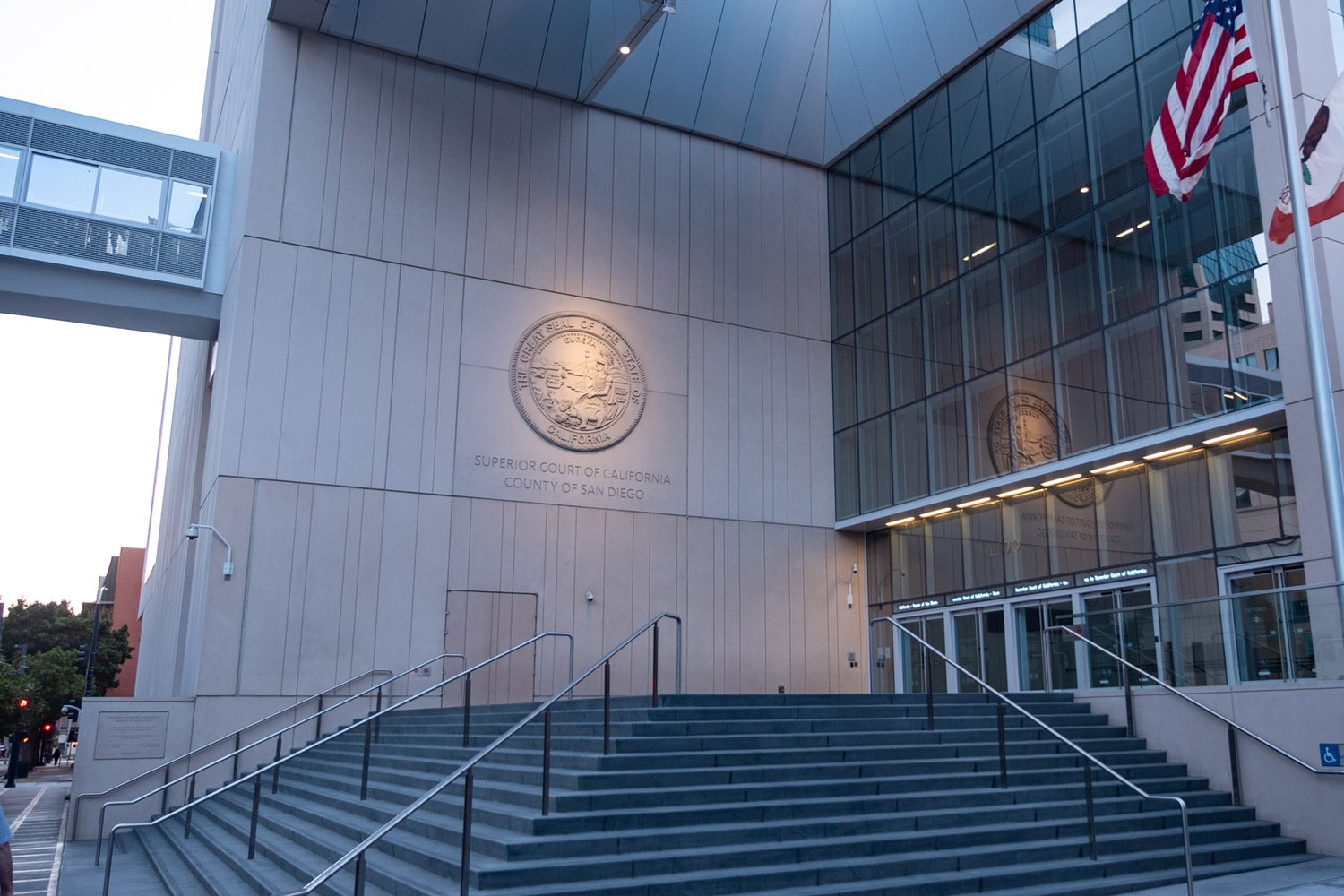
When a Trustee Refuses to Distribute Trust Assets: What Beneficiaries Can Do
When beneficiaries expect a trust distribution, they often assume payment will happen automatically. But in reality, many beneficiaries face a frustrating situation: the trustee refuses to distribute trust assets — without clear explanation. In California, this is more common than most families realize, and it can put significant financial and emotional strain on beneficiaries. Why...
Trusts and Financial Elder Abuse: Warning Signs and Legal Remedies
Trusts are meant to protect assets and honor a person’s wishes. Unfortunately, they can also be misused to exploit vulnerable seniors. Financial elder abuse within trusts is a serious issue in California — and one that often goes unnoticed until significant damage has been done. Recognizing the warning signs early can help protect both the elder and their intended...
When Successor Trustees Clash: Family vs. Professional Control
When a successor trustee steps in, families often assume the transition will be smooth. In reality, successor trustee appointments frequently trigger disputes — especially when the choice is between a family member and a professional trustee. Understanding how these conflicts arise helps beneficiaries protect both trust assets and family relationships. Why Successor...
How We Protect Beneficiaries: Trust Contests, Will Contests, and Inheritance Recovery in California
When an inheritance is delayed, disputed, or mishandled, beneficiaries are often left confused, frustrated, and financially strained. At The Inheritance Recovery Attorney LLP, our focus is simple: protecting beneficiaries and recovering what rightfully belongs to them under California law. We step in when something feels wrong — and when waiting quietly is no longer an...
The Hidden Threat That Quietly Shrinks Your Inheritance
Most people worry about estate taxes.But the biggest danger to your inheritance is something much quieter: Delay. When probate drags on, estate value can shrink month by month — often without anyone noticing. How Delay Silently Reduces Your Inheritance 1. Property Costs Keep Rising Every month a home sits in probate, expenses pile up: Taxes Insurance Repairs A...
California Real Estate Inheritance: What Heirs Should Expect
Inheriting real estate sounds simple—until you’re suddenly responsible for taxes, maintenance, legal paperwork, and decisions that can impact your entire inheritance. California’s probate rules add even more complexity, especially when multiple heirs are involved. Here’s what every heir should know: 1. Probate may be required.Unless the property is held in a trust, most California homes...
Who’s Really in Charge of Your Inheritance — the Will or the Trust?
When a loved one passes away, families often discover two key documents: a will and a trust. But what if they don’t match? Which one actually controls your inheritance? Trusts Usually Take Priority In California, if an asset is properly placed into a living trust, the trust controls what happens to it.That means the trust determines: Who inherits the asset...
Trustee Conflicts of Interest: How the Law Steps In
Trustees are legally obligated to manage a trust for the benefit of the beneficiaries. But sometimes, a trustee may put their own interests first — a situation known as self-dealing or a conflict of interest. Even subtle conflicts can reduce the value of an inheritance if left unchecked. Common Signs of Trustee Conflicts Selling trust assets to themselves or to friends/family...
How Lis Pendens Protects Trust Property in California
When real estate is involved in a trust dispute, one of the most powerful tools a beneficiary has is the lis pendens — a recorded notice alerting potential buyers or lenders that the property may be tied up in a lawsuit. The recent California case Newell v. Superior Court clarifies exactly when this tool can be used in trust and probate litigation. This guide from Inheritance Recovery...